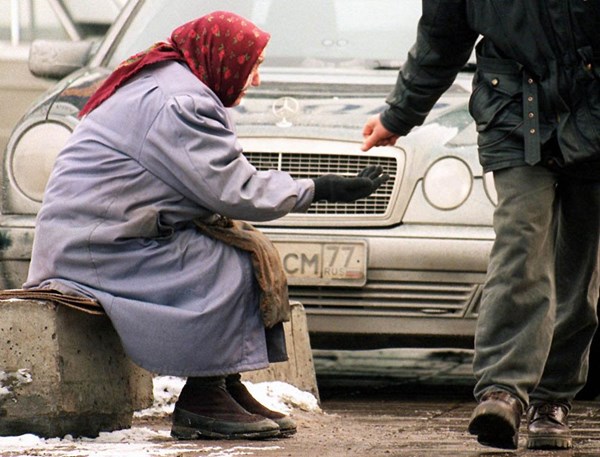Russia falls behind Ethiopia in adult survival rate
In Russia, the proportion of 15 year-olds who are expected to reach 60 years of age is lower than in Kazakhstan, India, Mongolia and Ethiopia, according to estimates by the World Bank. For the first time, the World Bank released a Human Capital Index (HCI) which attempts to “measure the amount of human capital that a child born today can expect to attain by age 18”.
One of the index’s components is the adult survival rate, and for this indicator Russia ranks 122 out of 157 countries. The statistic is a “proxy for the range of fatal and non-fatal health outcomes that a child born today would experience as an adult under current conditions,” the World Bank explains. Russia’s score is 0.78, meaning that only 78% of 15 year-olds are expected to live until 60, putting Russia among the lowest scoring countries for this indicator.
By comparison, the Word Bank calculated that the US has an adult survival rate of 0.9, China 0.92 and Germany 0.93. Other countries with the same score as Russia (0.78) include Afghanistan, Sudan and Papua New Guinea. Countries such as Iceland, Switzerland and Italy enjoy one of the best results – 0.95.
The HCI, which is based on data from 2017, is comprised of five separate indicators: the likelihood of a child surviving to age five; the expected years of school a child will attend by age 18; harmonized examination scores as an indicator of the quality of education; adult survival rate, and the percentage of children who do not have stunted growth.
Overall, Russia has a score which is above average in the region and “higher that could have been expected for countries with a corresponding level of income,” the World Bank notes. Russia ranks 34 with an overall score of 0.73 (out of 1), compared to the world average of 0.57.
